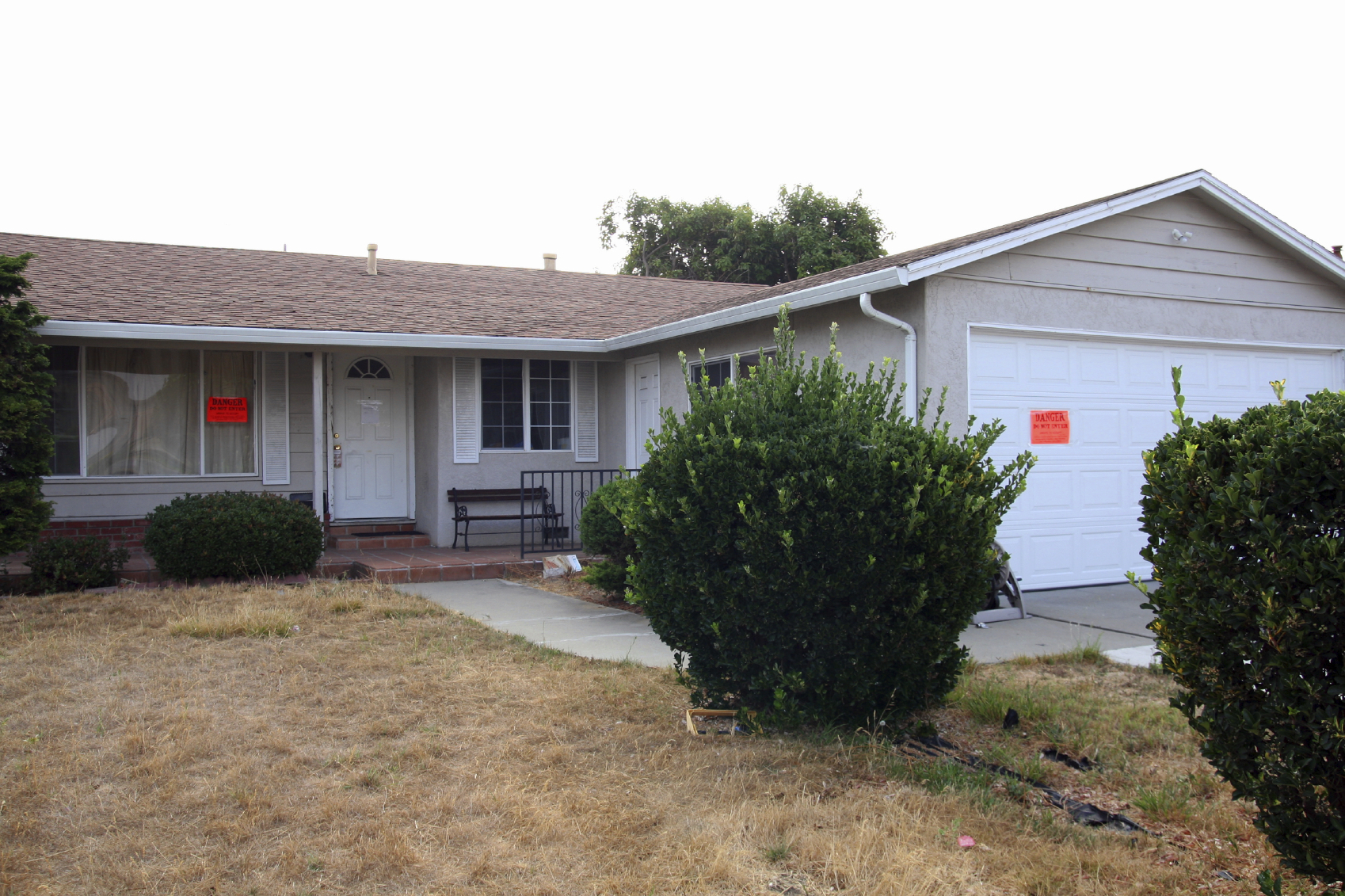BLOG
Foreclosures by community associations against their delinquent unit owners were virtually unheard of 10 years ago, as lenders would almost always move quickly with their own foreclosures against these owners, and their first-mortgage liens are superior to those of associations. Today, the practice has become the prudent approach for cases involving lenders that try to place their mortgage foreclosures into a holding pattern while they wait for the housing market to make a complete recovery.
Many community association attorneys now counsel their clients to complete their own foreclosure actions in certain cases in advance of the banks in order to acquire and rent the residences before the lenders’ foreclosures are finalized. With so many lenders taking years to complete their foreclosures, the revenues from these rentals have helped to relieve a great deal of the financial strains that some associations have faced.
Last year, the state legislature added some clarity to the law governing the liabilities of foreclosing lenders to associations for the prior owners’ association debts. The banks had argued in a number of cases that associations which foreclose in advance of mortgage lenders have effectively put themselves in the position of the prior owner, which is not entitled to collect any past-due fees. An amendment to the law fixed this loophole, and now lenders are still held liable for the safe-harbor liability caps to associations that have completed their own foreclosure in advance.
As such, the question for associations facing lender foreclosure cases that appear to be dragging on is when they should pull the trigger and foreclose their outstanding lien held on the property for unpaid past-due assessments. The answer requires qualified legal counsel to carefully review the case file along with the property appraiser website, tax collector website, court dockets and official records. Considerations that always have to be taken into account include the amount that is owed under the first mortgage, if there is also a second mortgage on the property, the exact status of the mortgage foreclosure case, and the status of the tax records on the property.
 In addition to these universal considerations, some cases may also include issues involving the deterioration of the unit itself. Associations will need to carefully consider their options involving residences that will require major renovations in order to prepare them for rental. This is very important, as associations cannot rely on third parties to purchase these properties via the foreclosure sales but rather they must prepare to take title to the units.
In addition to these universal considerations, some cases may also include issues involving the deterioration of the unit itself. Associations will need to carefully consider their options involving residences that will require major renovations in order to prepare them for rental. This is very important, as associations cannot rely on third parties to purchase these properties via the foreclosure sales but rather they must prepare to take title to the units.
Another important aspect of these prolonged foreclosure cases is that they can set the tone for associations that wish to take a firm and uniform stance on their collections and payment-enforcement efforts. Sending a demand letter and recording a claim of lien but going no further, even when a foreclosure that should take only a few months to complete begins to approach the one-year mark, is probably not the ideal precedent for associations to set.
While the banks are beginning to move their mortgage foreclosures a bit quicker, oftentimes they are still moving far too slowly for associations which are being burdened by the property’s outstanding unpaid assessments. Together with qualified legal counsel, associations should carefully weigh all of the above-mentioned matters and considerations to determine whether to move forward with their own foreclosure actions in advance of lenders or to wait to enforce their liens.

